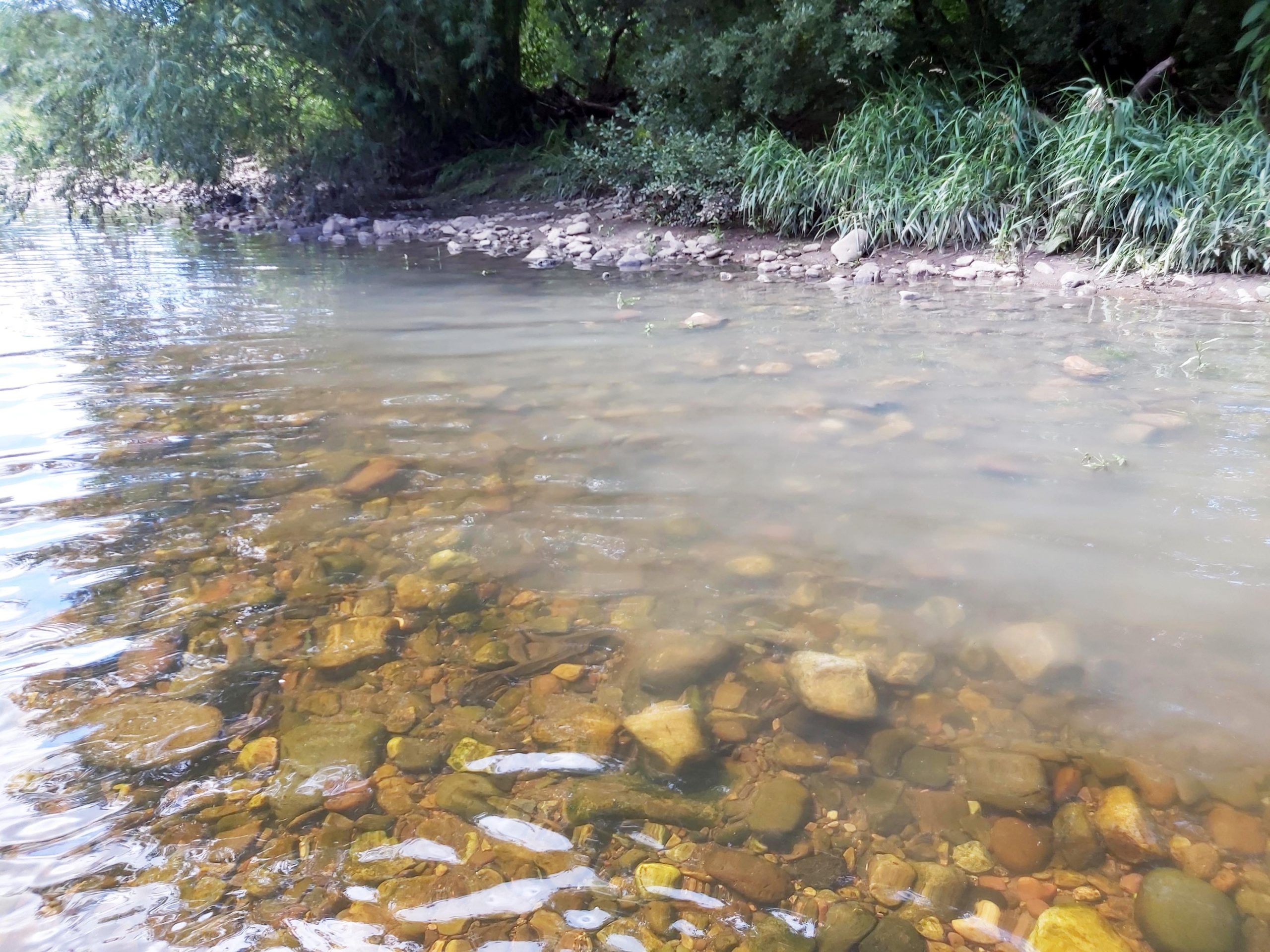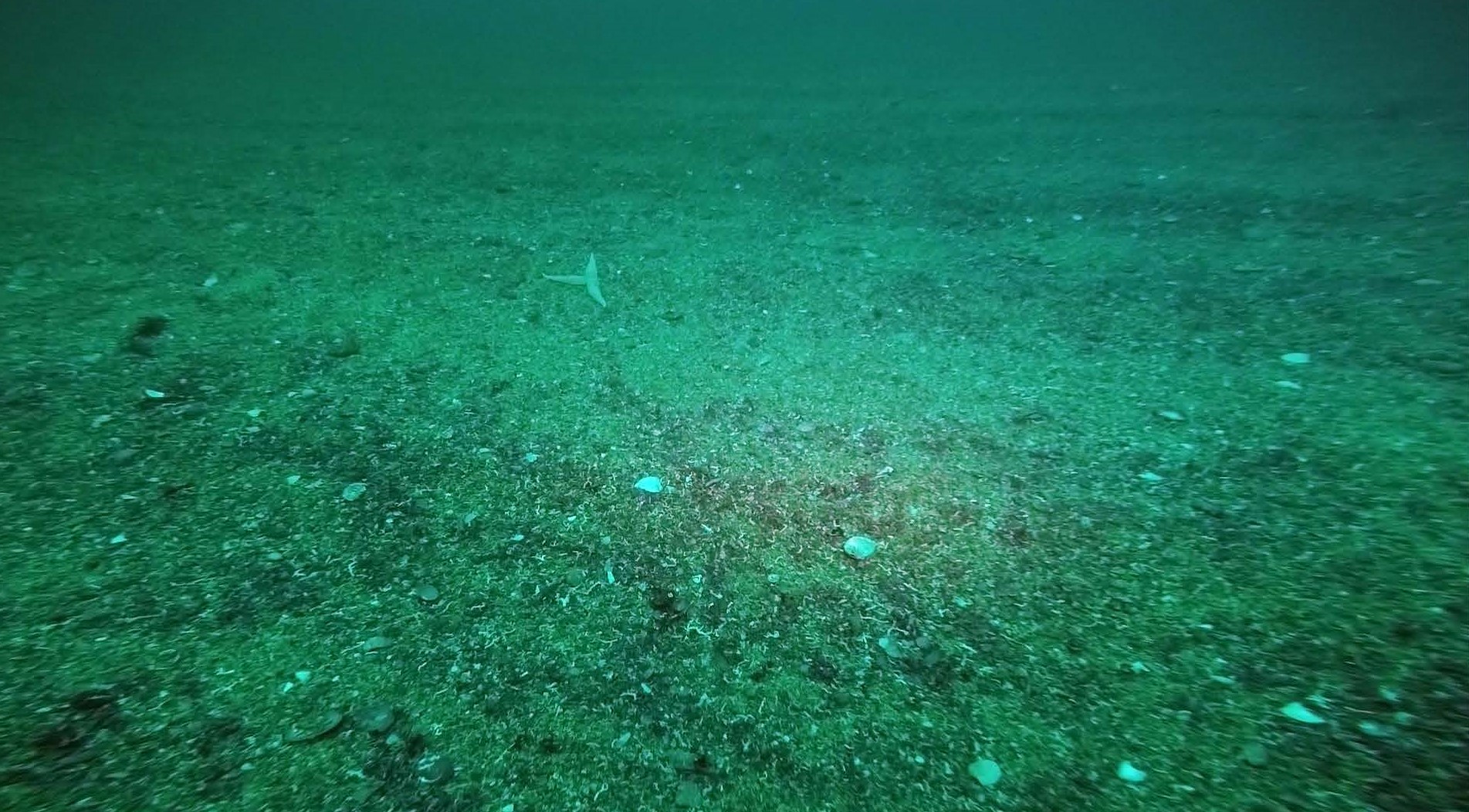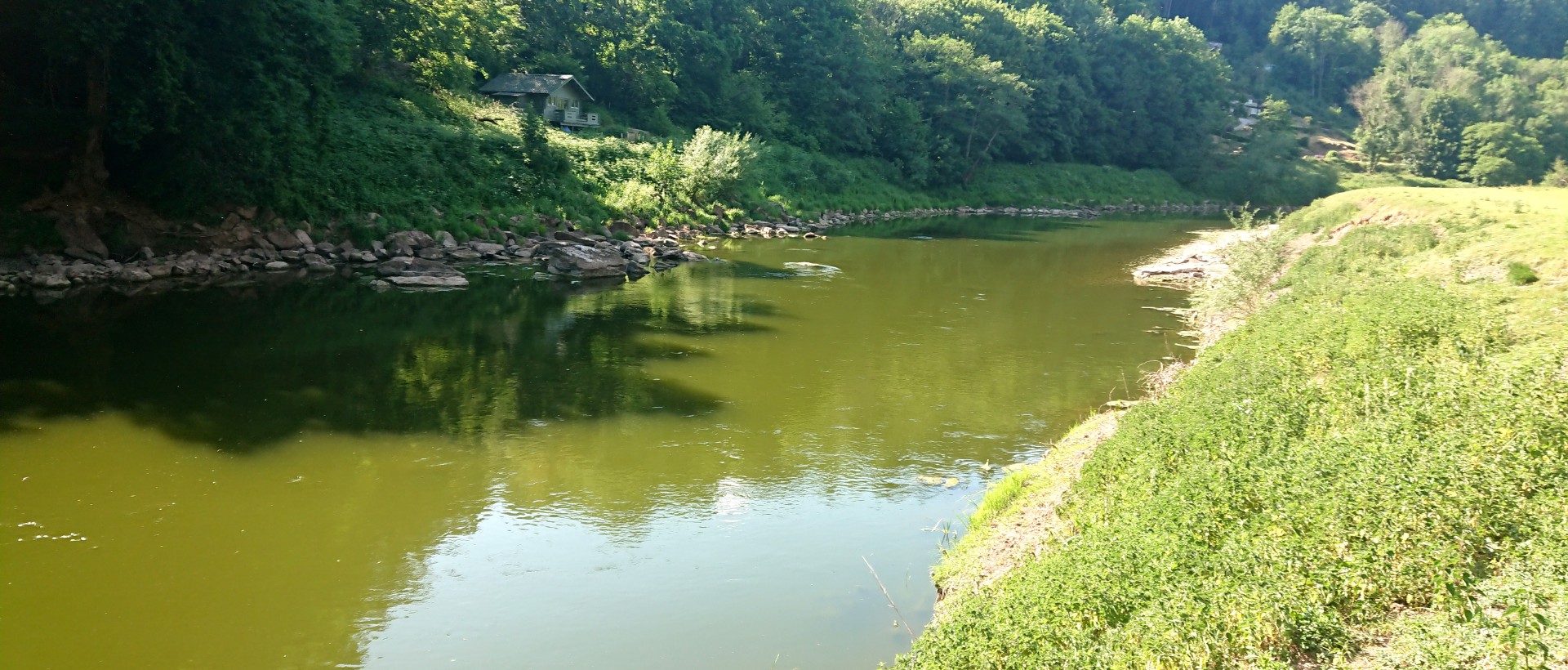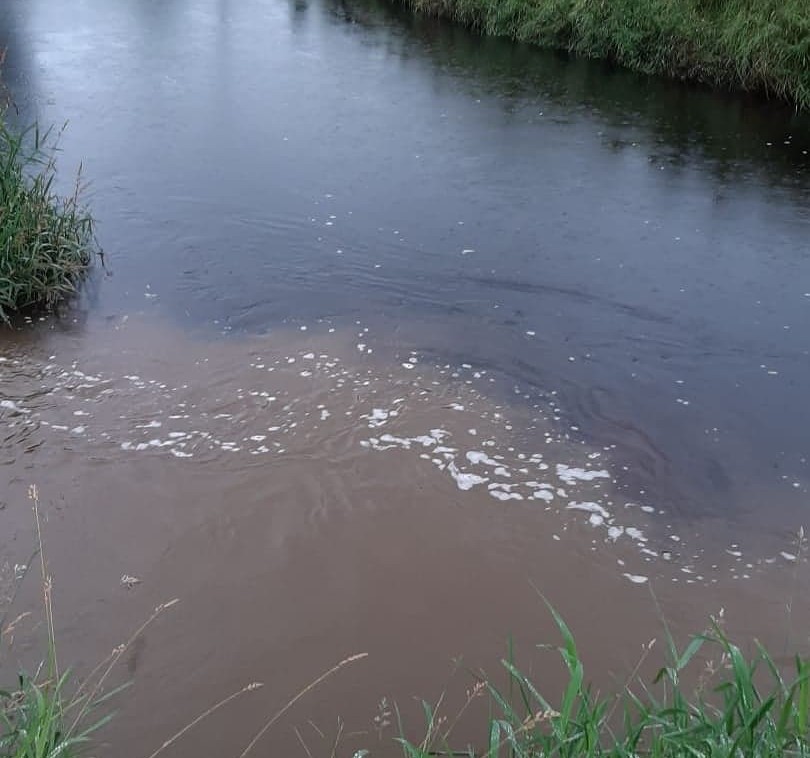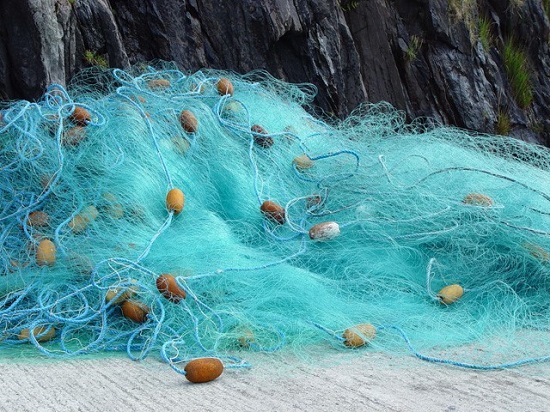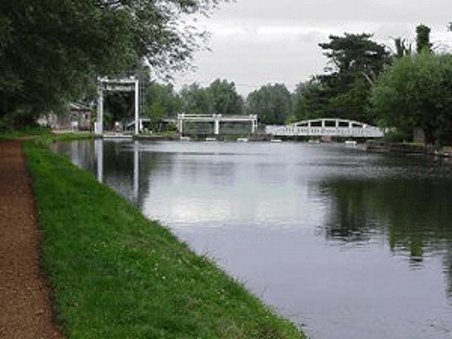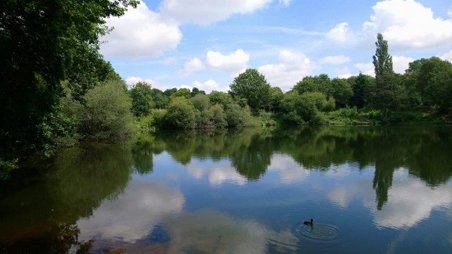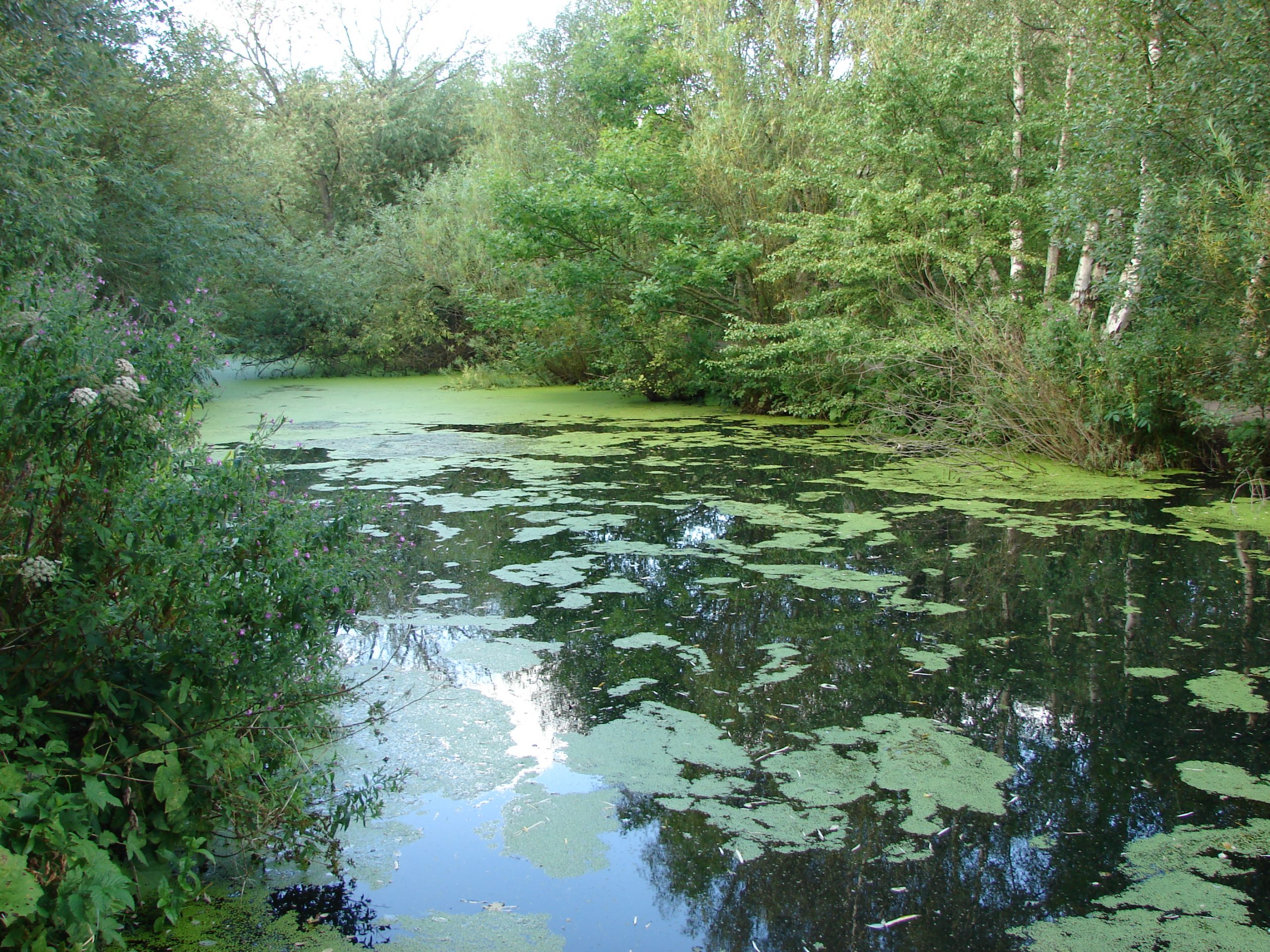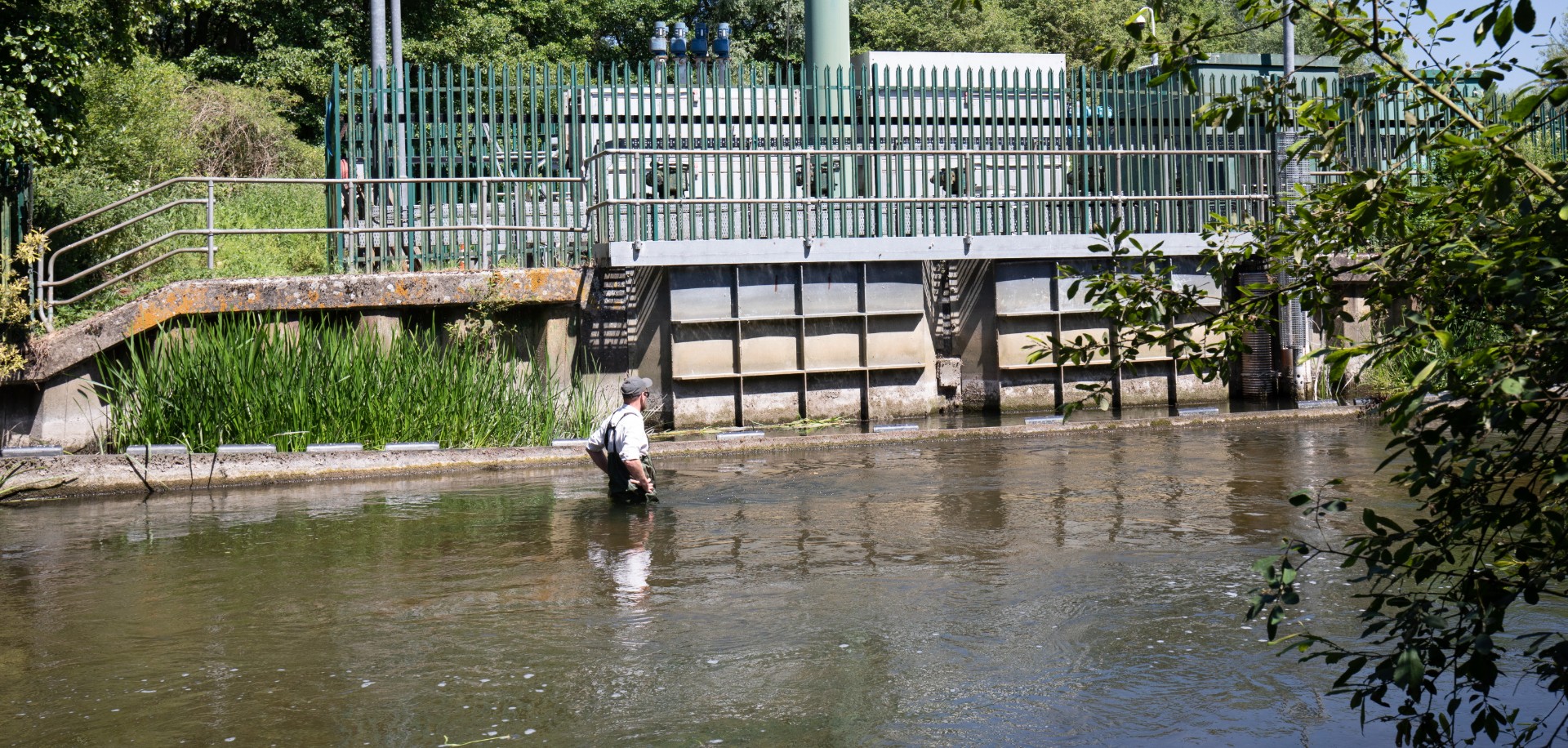Pride of Derby
Pride of Derby and Derbyshire Angling Association Ltd and Earl of Harrington v British Celanese Ltd, the Derby Corporation, the British Electricity Authority (All ER 179, Court of Appeal 1953, 1 All ER 1326)
Fish Legal builds on over 70 years of experience in using the law to fight polluters. Its reputation was established in the landmark legal case, taken in its previous capacity as the Anglers’ Conservation Association (ACA), commonly known by the name of the angling club: the ‘Pride of Derby’.
The case involved multiple sources of pollution on the River Derwent. The water flowing past the angling club’s property was described as ‘‘black, opaque, hot and stinking; the bottom was carpeted with sewage fungus”. In addition, the river temperature was extremely high – with recording of between 90oc and 95oc.
In 1942, salmon were still running up the river below Derby, but during investigations forming the basis of the legal action ten years later showed that the only life in the river was mosquito larvae. In November 1950, when the Fishery Board turned a consignment of roach into the river, with very little oxygen in the water the fish died within a few minutes.
The river was being damaged on all fronts: British Celanese was discharging poorly treated effluent into the water and was also extracting 72 million gallons per day from a river whose dry-weather flow was 100million gallons. The ageing sewage works serving Derby was overloaded and failing to properly treat its daily load. Into this mix came the British Electricity Authority releasing heated discharge from their power station into the mix.
Both the British Electricity Authority and the Derby Corporation, who operated the STW claimed that their special statutory powers could override the common law, in effect claiming that they were entitled to pollute the river.
Mr Justice Harman found against all the defendants and issued injunctions against them all. He also took the opportunity during his judgment to highlight the inactivity of the Fishery Board – the forerunner to the National Rivers Association and now the Environment Agency – who had, in spite of the obvious poor state of the river, done nothing to address the combined problems, claiming that there was ‘no culpable pollution in respect of which they had any power of action’. In attempts to prove them wrong experts instructed on behalf of the angling clubs climbed trees, narrowly avoided being sucked into an intake pipe, were ship-wrecked and finally took photos from the air in order to gather the evidence necessary to bring the private action.
(Abridged from ‘‘Saving Our Streams – the Role of the Anglers’ Conservation Association in Protecting English and Welsh Rivers” by Roger Bate)
After 17 days in the High Court and 6 days in the Court of Appeal damages were awarded against all three defendants. The City Corporation was forced to spend £1.8 million (the equivalent of £30 million) on new sewage treatment works. Likewise, the electricity authority had to spend £180,000 (the equivalent of £3 million today) on improving its cooling apparatus.
